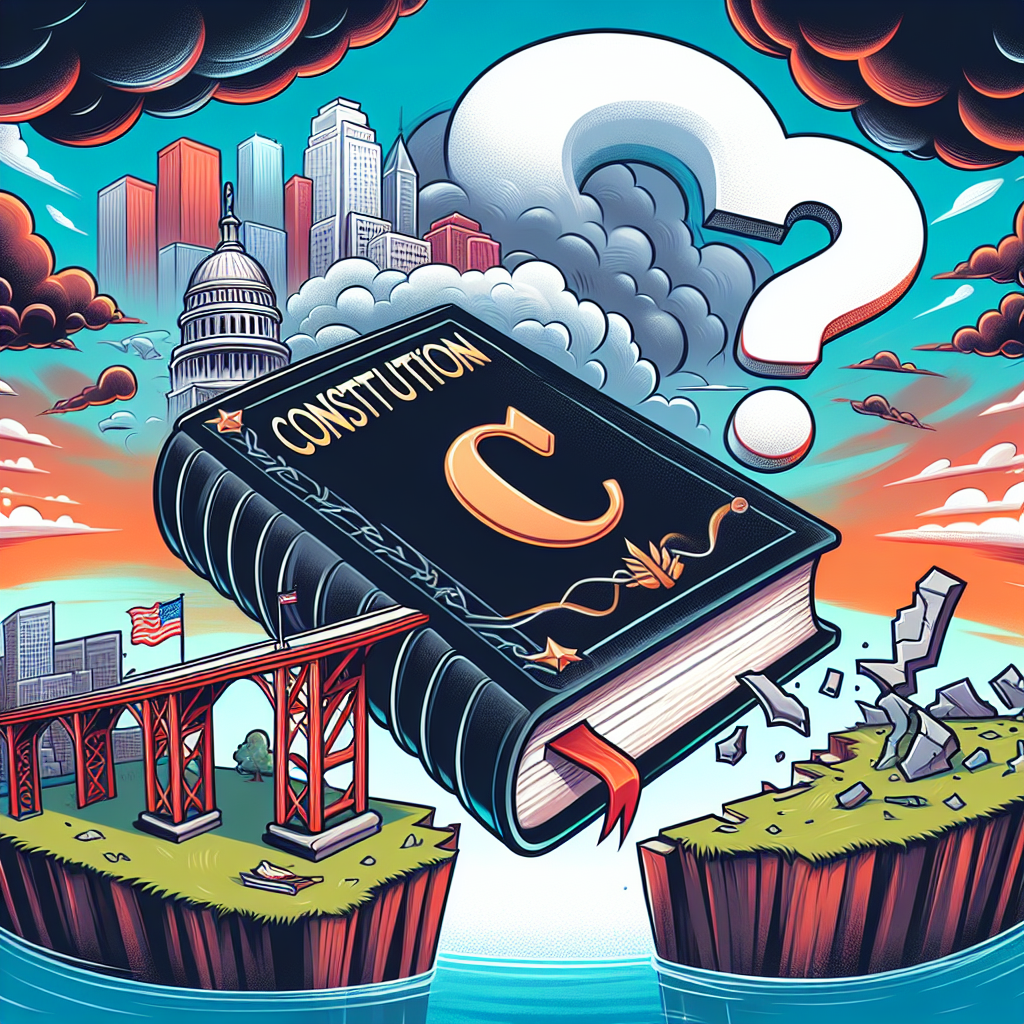Rethinking India's Constitutional Backbone: Rakesh Dwivedi's Call for Review
Senior Advocate Rakesh Dwivedi criticizes the basic structure doctrine of the Indian Constitution as vague and seeks its review. Revealed through the 1973 Kesavananda Bharati verdict, this doctrine limits Parliament's power to amend the Constitution. Dwivedi argues for re-evaluation, claiming the doctrine has not been adequately tested.

- Country:
- India
In a recent event, Senior Advocate Rakesh Dwivedi has called for a re-evaluation of the Constitution's basic structure doctrine, labeling it as vague and expanding. Speaking on September 23, he argued that the doctrine, born from the 1973 Kesavananda Bharati verdict, restricts Parliament's amendment powers without providing a clear framework.
Dwivedi highlighted that the doctrine limits parliamentary amendments, citing the difficult-to-define 'basic structure' that was interpreted as judicial recourse following the Second World War. At the event, he questioned the judicial expansion of such an unnamed list and raised concerns over 'unelected judges' shaping constitutional amendments.
The advocate noted that constitutional amendments require rigorous procedures, including a two-thirds majority in both the Lok Sabha and Rajya Sabha and ratification by half of India's states. Dwivedi underscored that fundamental rights and elements such as secularism have never truly been tested under this doctrine.
(With inputs from agencies.)
ALSO READ
Owaisi Criticizes Waqf Amendment: A Political Battle in Bihar
High Hurdles: The Stagnation in India's District Judiciary
European Parliament Defends Lawmaker Immunity Against Orban's Bid
Syria's New Parliament: A Step Towards Change or Centralized Power?
Kubayi Announces Major Steps Towards Full Administrative Independence for Judiciary










